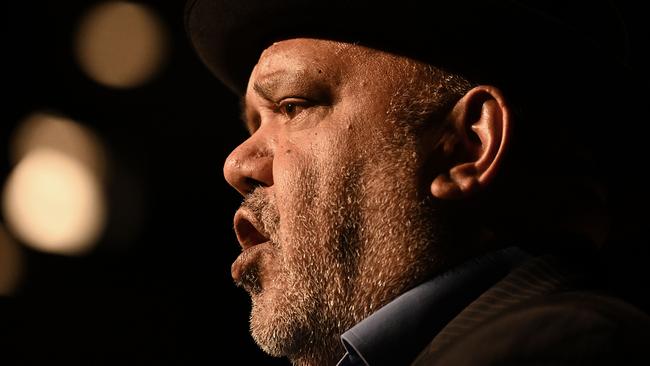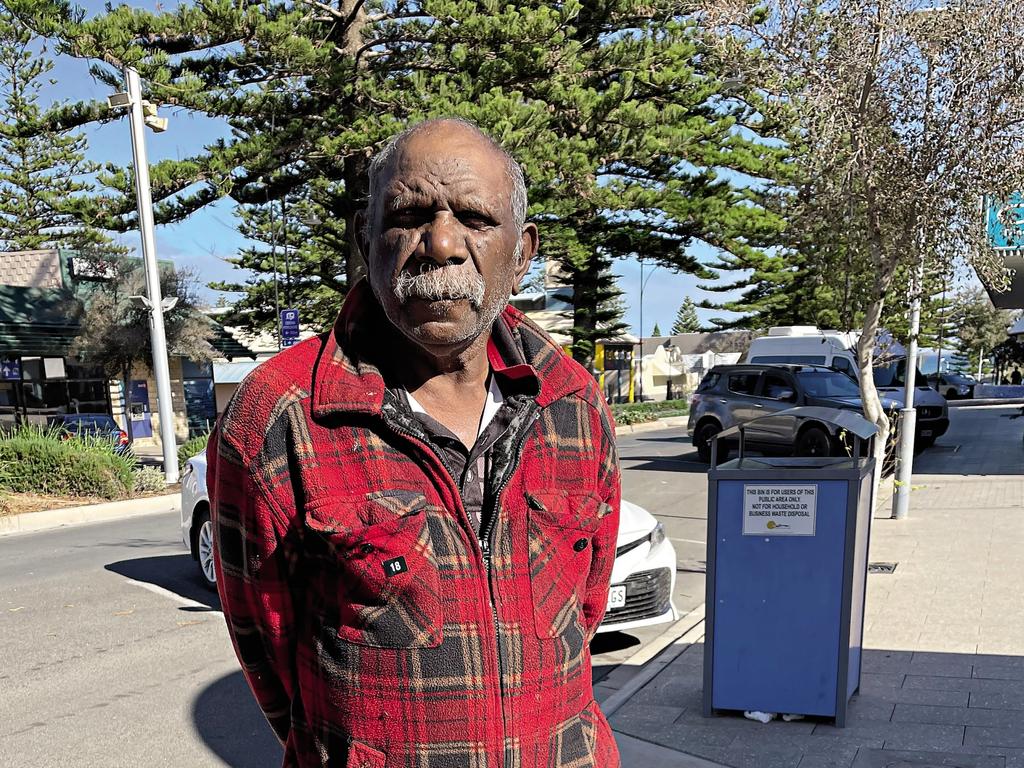Don’t take away cashless welfare card, says Noel Pearson
Noel Pearson says Labor’s legislation will end two decades of progress that have helped impoverished families pay for their children’s education and buy a home.

Social Services Minister Amanda Rishworth is in talks with the Family Responsibilities Commission in Cape York about the future of income management after Indigenous leaders from the region implored her to let them continue to use the cashless debit card.
Cape York Institute founder Noel Pearson told Ms Rishworth at a meeting in Canberra that Labor’s decision to outlaw the cashless debit card nationwide would ruin two decades of progress and reforms in Cape York, where locally appointed commissioners place troubled welfare recipients on the card for between three and 12 months.
Indigenous and non-Indigenous leaders from the remote West Australian town of Laverton say the card has lessened alcohol-fulled chaos in their community and improved the lives of children.
On Thursday, officials from the goldmining town of Kalgoorlie-Boulder told a Senate committee the cashless debit card’s introduction in 2018 had coincided with a 57 per cent fall in crime.
Almost 18,000 Australians on the cashless debit card could instead receive 100 per cent cash Centrelink payments as early as September if Labor’s bill to abolish it passes the Senate. The BasicsCard, which predates the cashless debit card and can be used only at stores that display a BasicsCard sticker, is not being abolished as part of Labor’s bill but Ms Rishworth is consulting communities about what form of income management they want in the future.
The parliamentary inquiry into the cashless debit card heard evidence on Thursday that women in and around Alice Springs supported it.

Central Australian Women’s Legal Services financial counsellor Tania Robinson told the hearing: “The majority of people I’ve spoken to endorse being on the cashless debit card: mothers, grandmothers, women in general … They tell me that they are not being harassed as much for money, they are able to manage their money better.
“They are able to provide food for their children, clothing.”
Ms Robinson said older people often preferred the BasicsCard because “it is what they are used to” but younger people preferred the cashless debit card because it could be used at a wider variety of businesses, including online.
In his evidence to the inquiry, Mr Pearson characterised the BasicsCard as unworkable for the purposes of the Families Responsibilities Commission.
“Our work in Cape York will be severely kyboshed if we don’t have a card facility attached to the Family Responsibilities Commission. It’s crucial. You can’t consider going back to the BasicsCard. It is a very inconvenient card. It doesn’t have the functionality of the cashless debit card,” he told the committee on Tuesday.
Ms Rishworth said the Families Responsibilities Commission could still do its work without the cashless debit card. “In Cape York there are 108 people on the cashless debit card out of 17,300 nationally. The commission has the power to refer people to income management. They will continue to be able to (do so) after the abolishment of the cashless debit card and the legislation has specifically carved out the ability for them to continue to do so.”








To join the conversation, please log in. Don't have an account? Register
Join the conversation, you are commenting as Logout